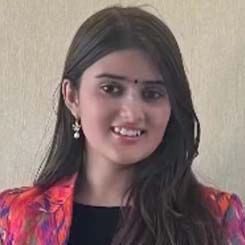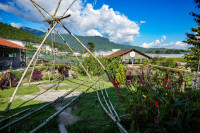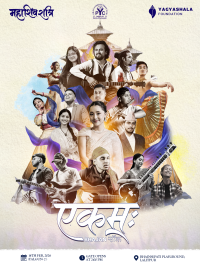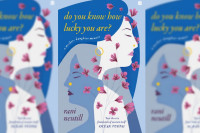Culture & Lifestyle
At Kalashala’s open studio, everyone is an artist
Built on the belief that creativity belongs to all, Sudikshya Dongol’s initiative breaks barriers—inviting children, adults, and newcomers to explore art without fear or formality.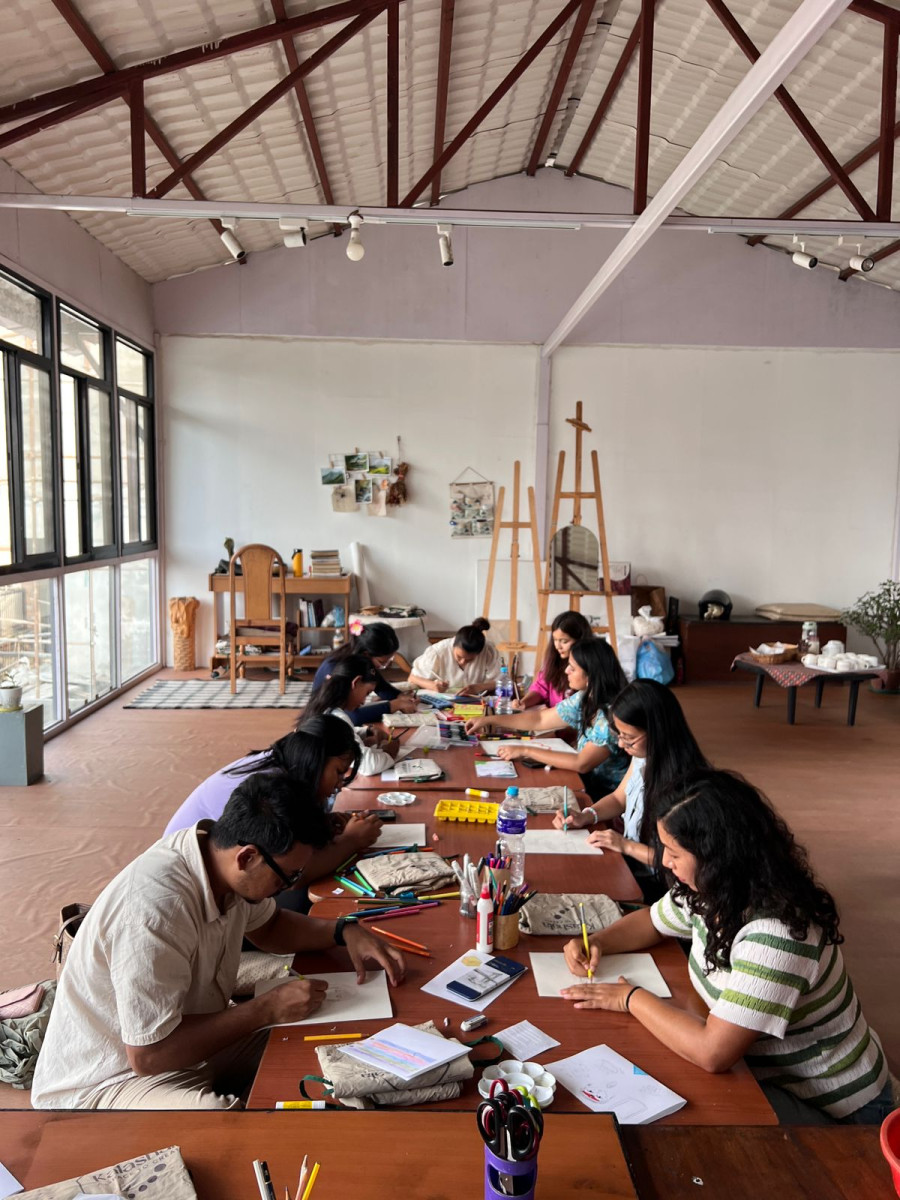
Reeva Khanal
Growing up, Sudikshya Dongol often noticed a gap between talent and opportunity. Many of her friends struggled to find a quiet space to focus on their art. Even oil painting rooms, filled with fumes, proved unsuitable for long hours of creation.
In contrast, Dongol grew up in art-friendly settings, with her mother being an artist, giving her the privilege of a home studio. Seeing how fortunate she was, she wondered why such spaces weren’t accessible to everyone. That thought planted the seed for Kalashala Nepal—a space created not just for personal expression, but as a shared space where anyone with a passion for art could explore, learn, and connect. Founded in March 2023, the space has evolved into a hub where art moves beyond individual expression and becomes a shared experience.
Dongol’s vision for Kalashala was simple: to create a space where people could come freely, explore their creativity, and express themselves.
The space’s structure reflects this philosophy of openness and accessibility. Designed by Dongol herself in consultation with her father, the building features open glass walls that allow natural light to flood the workspace. This element enhances the creative process and makes the studio welcoming.
What began as a small initiative during her years as a fine arts student has now evolved into a platform that nurtures emerging and established artists. The space regularly hosts exhibitions, workshops, and art classes, each designed to encourage dialogue and collaboration.
Since its inception, Kalashala Nepal has hosted three exhibitions, alongside several others organised as rental collaborations. “Our first exhibition was titled ‘Jatra’,” shares Dongol. “We had thirteen participatory artists—twelve showcased their artwork, while one presented a performance piece. It was our first major event and set the tone for what Kalashala wanted to represent—a mix of diversity, creativity, and community.”
The second major exhibition, ‘Unfiltered Expressions’, was designed as an inclusive event featuring artworks by individuals with Down syndrome. “The exhibition was about emotions that don’t always get expressed in words,” Dongol explains.
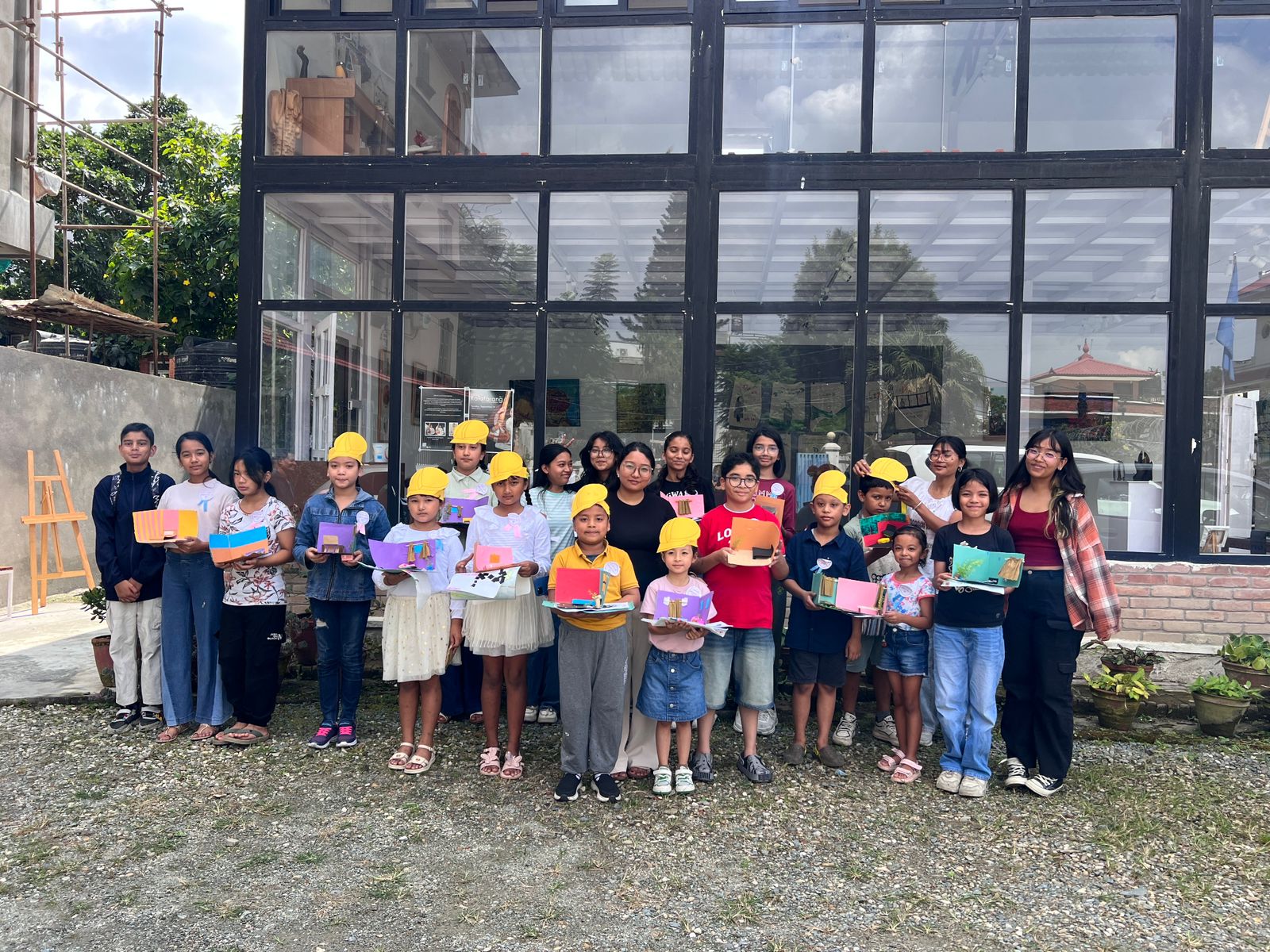
Beyond exhibitions, Kalashala has hosted workshops ranging from watercolour painting to art journaling. The studio’s Sunday art classes have become a weekly ritual for many—a gentle reminder that art need not always be professional; it can simply be joyful.
The studio’s events are primarily announced through social media, making it easy for interested participants to register for upcoming sessions. She wants Kalashala to be welcoming to new artists as well, not just trained ones.
Since launching the Instagram page Sudu’s Creation, people from non-art backgrounds have also begun reaching out and participating in workshops and events, bringing a fresh energy to the studio.
“Anybody can come,” she says. “We provide art classes for children and adults and different kinds of workshops. And if someone wants to organise their workshop, we either rent out the space or collaborate with them.”
Dongol explains that the studio has hosted various sessions led by guest mentors, where Kalashala manages the administrative side while the guest leads the instruction. “For example, we recently conducted an embroidery workshop in collaboration with another mentor,” she says. “They handled the teaching, and we handled the logistics.”
Beyond workshops and classes, Kalashala’s space also serves as an open studio. Artists can rent the area for a few hours to work on projects. “People can stay here for five or six hours and just create,” she adds. “It’s meant to be a place where you can breathe, think, and make art freely.”
When Kalashala Nepal first took shape, Dongol was in her third year of her fine arts degree. Balancing her studies and the responsibilities of setting up a new art space was no easy task, but she took it as part of the creative journey.
Growing up with an artist mother, she often tagged along to art meetings and exhibits. “I used to sit quietly in the corner and just listen,” she recalls. “Those conversations between artists—about their struggles, dreams, and the reality of making a living through art—shaped how I understood this field.”
Through these early experiences, her desire to contribute to Nepal’s art community began to take root. Encouraged by her parents, she set out to create a space that not only nurtured artists but also reflected the values of quality and collaboration.
Financial sustainability was another hurdle. Without a formal team, Dongol manages operations on her own, investing both her savings and her energy into keeping the space alive. “We’re still in that stage where sustaining financially comes first—only after that can we think about expanding the team,” she explains.
Another challenge, she points out, lies within the broader art education scene in Nepal. “There are a lot of art classes happening today,” she says. “Sometimes parents ask why our classes are more expensive than others. But what we focus on is quality. We bring mentors who are qualified, experienced, and have an academic background in the art form they’re teaching. That naturally comes with a cost.”
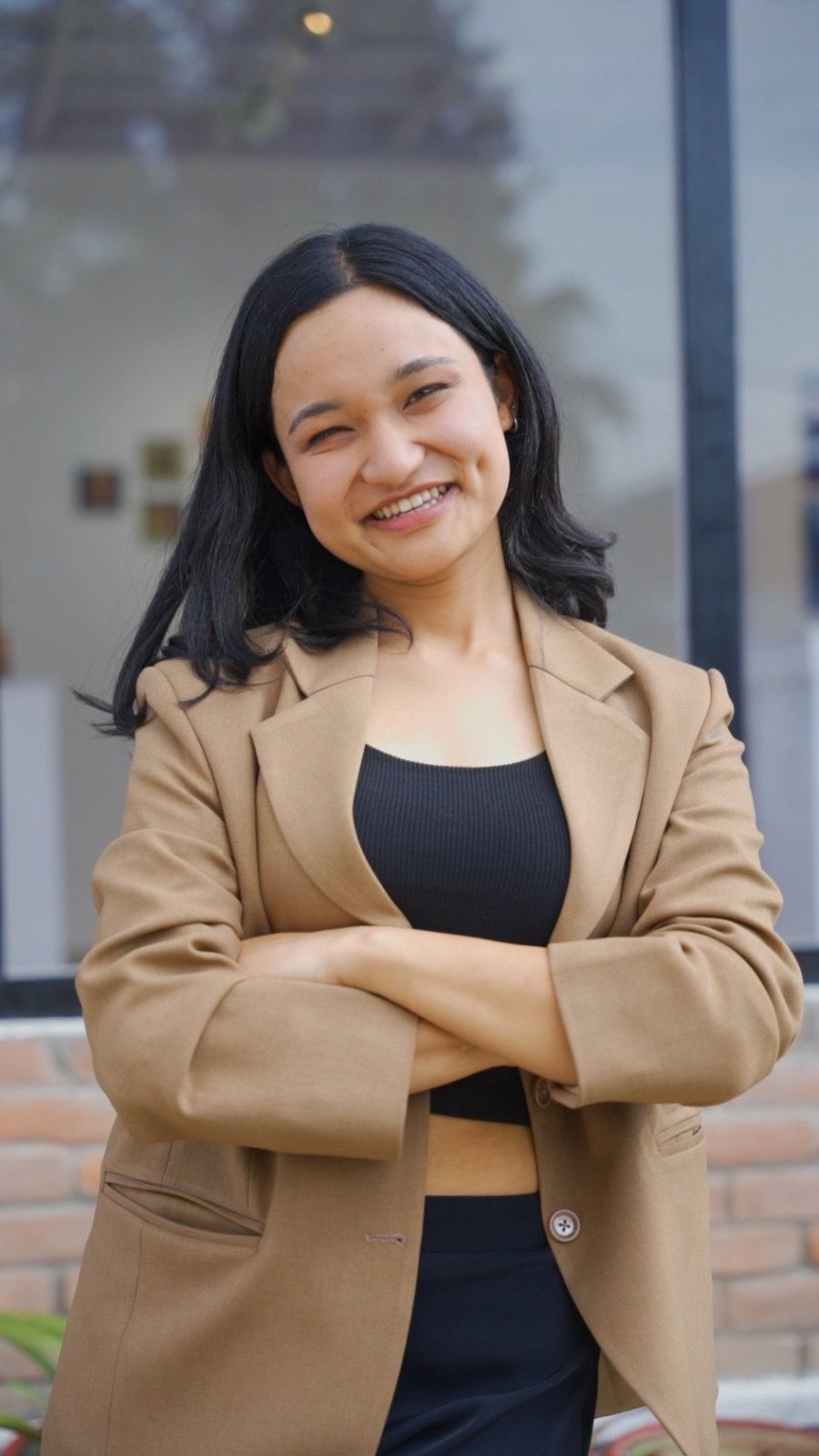
Dongol expresses concern about how the market often overlooks this distinction. “There are people who don’t have any formal background in art but still conduct classes at cheaper rates,” she adds thoughtfully. “It’s not that they shouldn’t, but this kind of fluctuation in the market makes it harder for those who have studied, trained, and dedicated their lives to this field. The deserving often get left behind.”
Despite these obstacles, Dongol remains optimistic. “We do collection displays, children’s workshops, and exhibitions,” she shares. “But it’s a bit difficult to sustain only from exhibitions because artworks may or may not get sold, and people see art as a luxury.”
To overcome this challenge, Kalashala expanded its focus beyond exhibitions and began offering art education and workshops to sustain itself.
Dongol’s commitment to inclusivity deepened through her involvement with Mikha Nepal, an organisation founded by her mother, Sarita Dongol, in 2022. Sarita Dongol is a visual artist with a Master’s in Fine Arts from Tribhuvan University. Through her work, she has had a long career highlighting the relationship between nature, society, and humanity.
She also runs the Community Children Art School and teaches at the Himalayan College of Architecture. Growing up alongside her mother’s artistic journey, Sudikshya often volunteered at her classes and exhibitions, introducing her to children and adults with Down syndrome. These early experiences shaped her understanding of inclusivity and the power of art to connect communities.
Every week, Sudikshya teaches art classes at Mikha Nepal, developing bonds with her students and learning from their unique perspectives. She says their approach to creativity—focused on expression rather than perfection—has influenced how she runs Kalashala, emphasising empathy, openness, and collaboration. Kalashala and Mikha Nepal have hosted inclusive workshops where people with and without disabilities create side by side, from art and dance sessions to awareness programmes such as “good touch, bad touch” workshops. For Sudikshya, these initiatives are not just about art but about building a community where everyone feels welcome, heard, and valued.
The art space’s calendar stays full with sessions. Embroidery workshops held over four sessions, ‘Little Architect’ workshops where children learn design by decorating their own room models, SEE Art Camp and Art journaling classes that encourage reflection through creativity. “Every Sunday and Friday, we have regular classes—five children and six adults,” she shares. “Sometimes, even on Saturdays, we host sessions. There’s always something happening here.”




 12.12°C Kathmandu
12.12°C Kathmandu